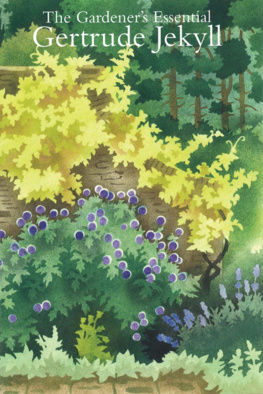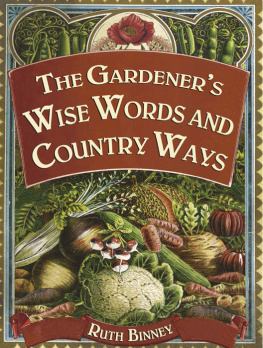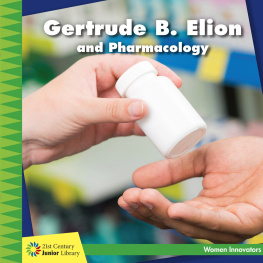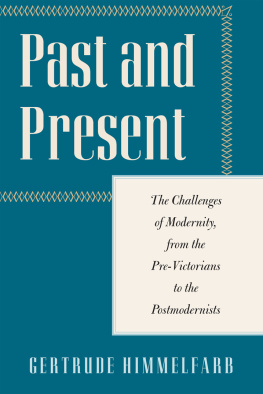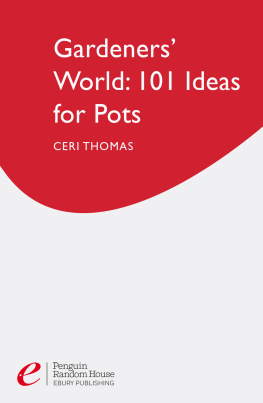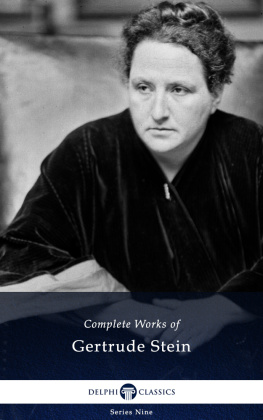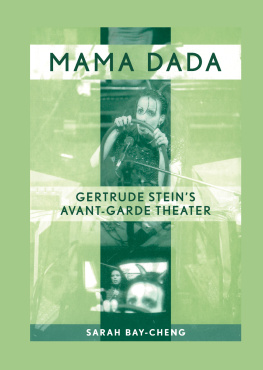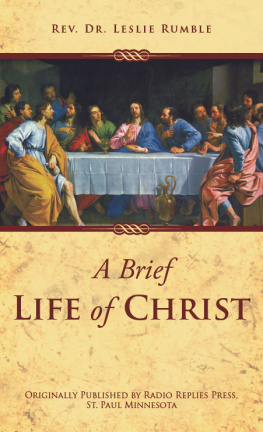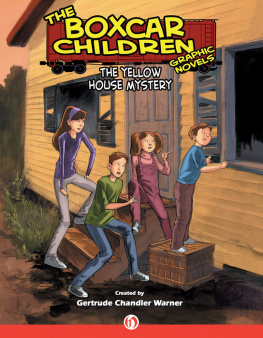Gertrude Jekyll - The Gardeners Essential
Here you can read online Gertrude Jekyll - The Gardeners Essential full text of the book (entire story) in english for free. Download pdf and epub, get meaning, cover and reviews about this ebook. year: 2018, publisher: Quiller, genre: Romance novel. Description of the work, (preface) as well as reviews are available. Best literature library LitArk.com created for fans of good reading and offers a wide selection of genres:
Romance novel
Science fiction
Adventure
Detective
Science
History
Home and family
Prose
Art
Politics
Computer
Non-fiction
Religion
Business
Children
Humor
Choose a favorite category and find really read worthwhile books. Enjoy immersion in the world of imagination, feel the emotions of the characters or learn something new for yourself, make an fascinating discovery.
- Book:The Gardeners Essential
- Author:
- Publisher:Quiller
- Genre:
- Year:2018
- Rating:3 / 5
- Favourites:Add to favourites
- Your mark:
- 60
- 1
- 2
- 3
- 4
- 5
The Gardeners Essential: summary, description and annotation
We offer to read an annotation, description, summary or preface (depends on what the author of the book "The Gardeners Essential" wrote himself). If you haven't found the necessary information about the book — write in the comments, we will try to find it.
This wonderful book contains a selection of the best and most important passages from Gertrude Jekylls many books on gardening, including topics such as design and ornament, colour and scent, and flowers in the house.
The Gardeners Essential — read online for free the complete book (whole text) full work
Below is the text of the book, divided by pages. System saving the place of the last page read, allows you to conveniently read the book "The Gardeners Essential" online for free, without having to search again every time where you left off. Put a bookmark, and you can go to the page where you finished reading at any time.
Font size:
Interval:
Bookmark:
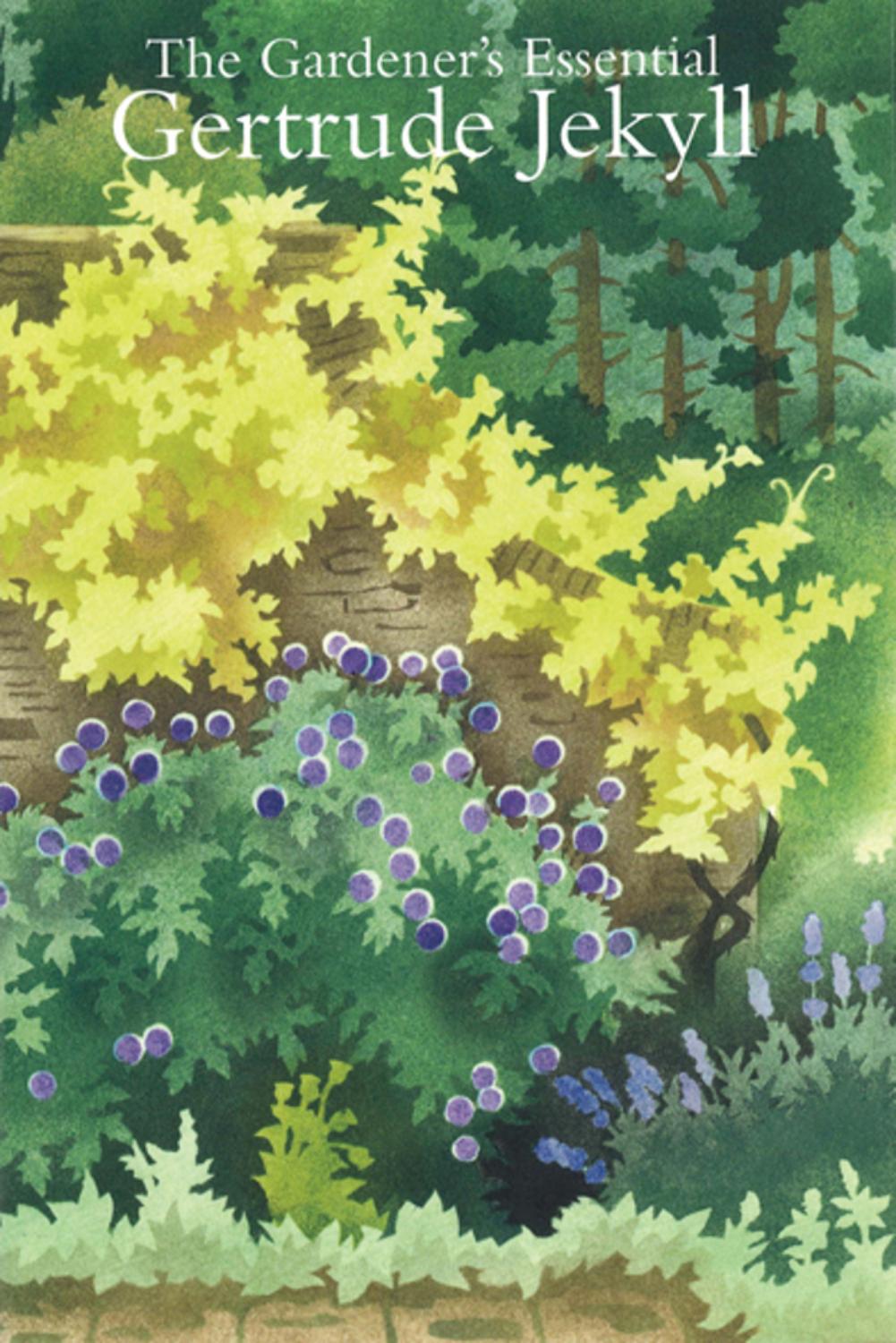
 Contents
Contents The main purpose of a garden is to give its owner the best and highest kind of earthly pleasure.
The main purpose of a garden is to give its owner the best and highest kind of earthly pleasure.
It is not enough to cultivate plants well; they must also be used well. It is just the careful and thoughtful exercise of the higher qualities that makes a garden interesting, and their absence that leaves it blank, and dull, and lifeless. I am heartily in sympathy with the feeling described in these words in a friends letter, I think there are few things so interesting as to see in what way a person, whose perceptions you think fine and worthy of study, will give them expression in a garden.
WoodandGarden
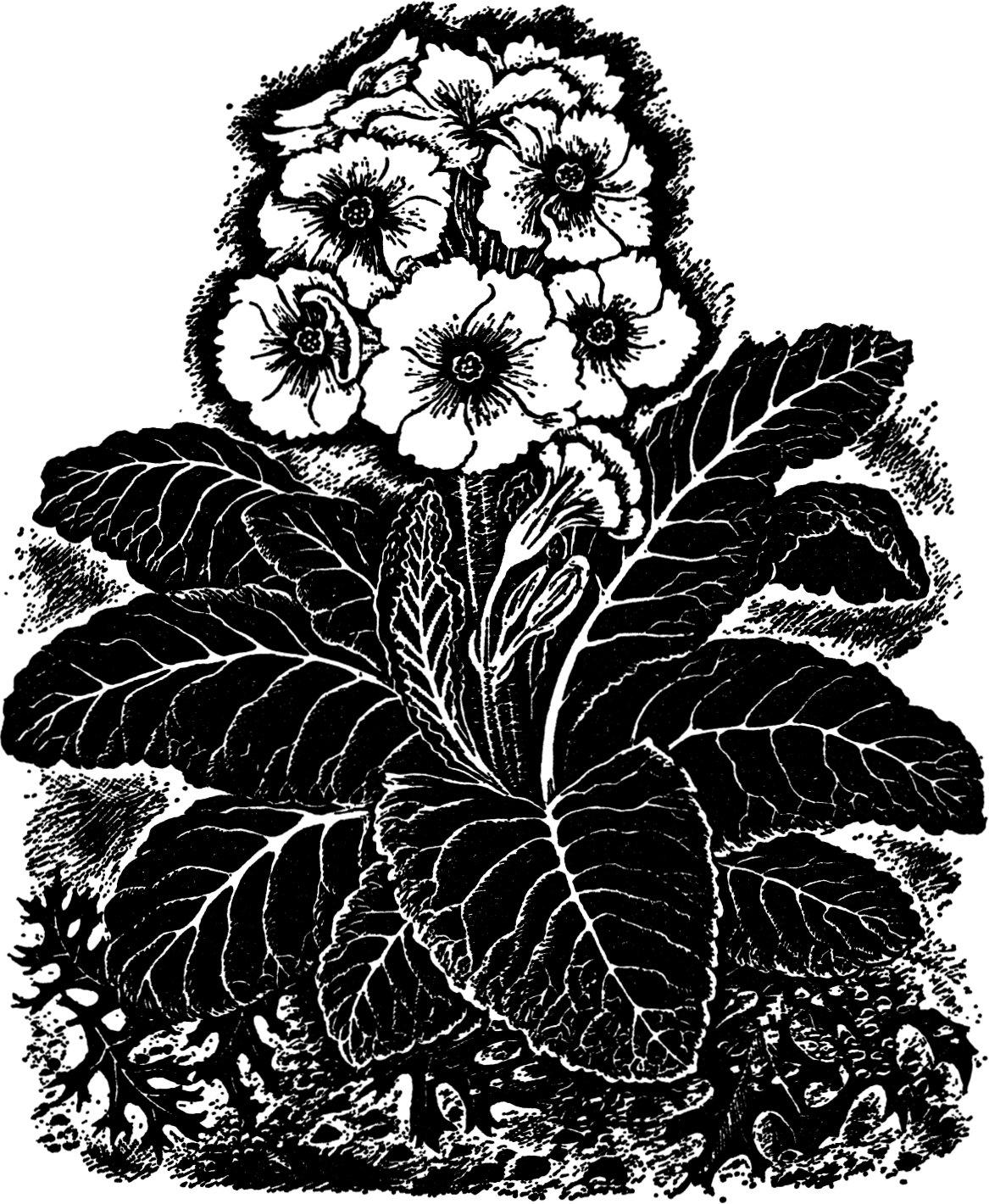
 MissJekyllofMunsteadWood
MissJekyllofMunsteadWoodI n an age of fine writing and fine gardening, Gertrude Jekyll excelled in both. The advice she gave to gardeners is as sound today as it was when she first offered it to her readers, and I am delighted to see it again in print.
Miss Jekyll was fifty-six when her first book was published, in 1899, and she was nearing middle age when she gave up painting as a career, and turned to horticulture; but before she died, soon after her eighty-ninth birthday, she had written thirteen books, and had made plans for, or taken part in the planning of, something like three hundred and fifty gardens.
She had been a gardener all her life, and at twenty-five she made a garden at Wargrave Hill, when her family went there to live in 1868. The painter George Leslie described this garden as a wilderness of sweets, where old-fashioned flowers bloomed in profusion, and lavender hedges made marvelous growth. Much interest in garden plantsalways collecting, Miss Jekyll wrote in her journal at that time. She had already begun to experiment with new combinations of plants, introducing opium poppies and wild flowers into the flower bordersa radical step in the days of carpet bedding. Gertrude was a pioneer spirit, her sister-in-law, Lady Jekyll, said. Long before women had claimed their present independence in the arts and professions, in trade, in travel, in sport, and in many difficult crafts, she had quietly and firmly established her right to self-expression.
Miss Jekyll was born in London in 1843. When she was four her parents moved to Bramley House, a country place in Surrey, where they allowed their children great freedom. She roamed the countryside, and learned to know the wildflowers intimately, not only by shape and color, but also by smell. She also knew the garden flowers by their scents, and could name the roses with her eyes shut. She always describes scents vividly. Lupines, she says, smell like a very good and delicate pepper; Liliumpyrenaicum like a mangy dog; some of the Schizanthus are redolent of dirty henhouses; and the scent of bracken is like the first smell of the sea as you come near it after a long absence.
When I pick and crush in my hand a twig of Bay, she said, or brush against a bush of Rosemary, or tread upon a tuft of Thyme, or pass through incense-laden brakes of the Cistus, I feel that here is all that is best and purest and most refined, and nearest to poetry, in the range of faculty of the sense of smell.
Her hearing also was unusually keen. I can nearly always tell what trees I am near by the sound of the wind in their leaves, she said, though in the same tree it differs much from spring to autumn, as the leaves become of a harder and drier texture. The Birches have a small, quick, high-pitched sound; so near that of the falling of rain that I am often deceived into thinking it really is rain, when it is only their own leaves hitting each other with a small rain-like patter. The voice of Oak leaves is also rathe rhigh-pitched, though lower than that of the Birch. Chestnut leaves in a mild breeze sound much more deliberate; a sort of slow slither. The noise of all the Poplars, she adds, is disturbing, but the murmur of Scotch Firs is delightfully soothing.
She thought her unusually keen hearing was by way of compensation for her poor eyesight. Her natural focus was two inches, but she trained herself to close observation, and often saw things that those with perfect vision overlooked. As she drove about in her dog-cart she never missed the smallest flower along the roadside, and when she found something new she observed it minutely. In ChildrenandGardens, she says to her young readers: If you will take any flower you please and look it carefully over and turn it about, and smell it and feel it and try to find out all its little secrets, not of flower only but of bud leaf and stem as well, you will discover many wonderful things.
In this fashion she examines the wood-sorrel, the tenderest and loveliest of wood plants. The white flower in the mass has a slight lilac tinge; when I look close I see that this comes from a fine veining of reddish-purple colour on the white ground. White seems a vaguely-indefinite word when applied to the colouring of flowers; in the case of this tender little blossom the white is not very white, but about as white as the lightest part of a pearl. The downy stalk is flesh-coloured and half-transparent, and the delicately-formed calyx is painted with faint tints of dull green edged with transparent greenish buff, and is based and tipped with a reddish-purple that recalls the veining of the petals. Each of these has a touch of clear yellow on its inner base that sets off the bunch of tiny whitish stamens.
Miss Jekylls art, like all that is good, grew out of her environment. She was fortunate in that she was able to develop her own style in a part of the country that she had known and loved since childhood. She knew the heath and woodland and the sandy hills, and the yellow-grey sandstone of the quarries; she knew the flowers of the fields and hedgerows, and the plants in cottage gardens. She understood country ways, and the craftsmen and their materials. Following the example of William Robinson in his revolt against carpet gardening, she searched gardens and nurseries for old-fashioned hardy plants to replace the bedding-out plants of the glass house.
She was also fortunate in having to work with her an architect equally devoted to the traditions of the district. Edwin Lutyens (later Sir Edwin) was nineteen when they first met, and was at work on his first commission. Miss Jekyll was forty-six, and well established as a gardener and a designer of gardens. Together they drove about the countryside studying ancient farm houses and cottages.
The knowledge they acquired was put to use in building Miss Jekylls house at Munstead Wood. When it was finished it looked as if it had. been there for two hundred years, she said, and seemed to have taken to itself the soul of a more ancient dwelling place. Munstead Wood consisted of fifteen acres across the road from Munstead House, where Miss Jekyll lived with her mother from the time it was built, in 1878, soon after Captain Jekylls death, until Mrs. Jekyll died in 1895. The garden at Munstead Wood was laid out some time before the house was built, a portion at a time, with no special plan. Later Miss Jekyll fitted the parts together as best she could, and related the whole to the paved court, with its tank and stone steps, that Sir Edwin designed for the garden side of the house.
Font size:
Interval:
Bookmark:
Similar books «The Gardeners Essential»
Look at similar books to The Gardeners Essential. We have selected literature similar in name and meaning in the hope of providing readers with more options to find new, interesting, not yet read works.
Discussion, reviews of the book The Gardeners Essential and just readers' own opinions. Leave your comments, write what you think about the work, its meaning or the main characters. Specify what exactly you liked and what you didn't like, and why you think so.

